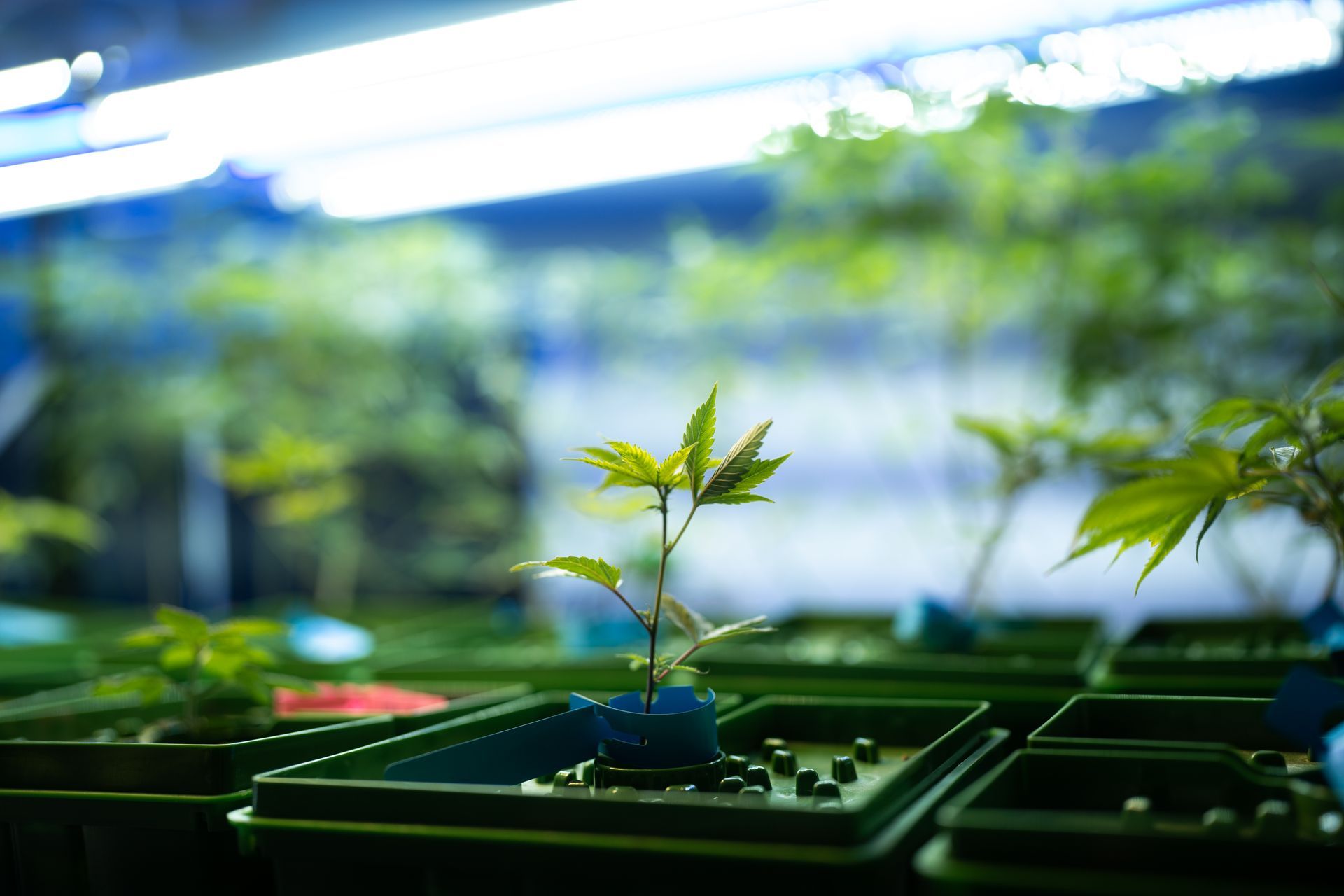Sustainability and THCa Flower Cultivation in Tennessee
Sustainability is a core value in the cultivation of THCa Flower in Tennessee.

The state’s hemp industry is committed to eco-friendly practices that preserve the environment and promote sustainable development. In this blog, we will examine the sustainable practices adopted in the cultivation of THCa Flower TN and their impact on the environment and economy.
Eco-Friendly Farming Practices:
Tennessee’s hemp farmers prioritize sustainable farming methods, including organic cultivation, water conservation, and natural pest management, to minimize environmental impact and maintain ecosystem balance.
Renewable Resource:
Hemp is a renewable resource that grows rapidly and requires minimal inputs. The cultivation of THCa Flower TN contributes to sustainable agriculture and resource management.
Soil Health:
Hemp plants are known for their ability to improve soil health by preventing soil erosion and replenishing soil nutrients. Sustainable THCa Flower cultivation enhances soil fertility and promotes agricultural sustainability.
Economic Sustainability:
The hemp industry, including THCa Flower TN, provides economic opportunities and job creation in Tennessee. The industry’s growth contributes to economic sustainability and community development.
Waste Reduction:
The entire hemp plant, including the flower, can be utilized, reducing waste and promoting resource efficiency. The versatility of THCa Flower TN aligns with the principles of sustainability.
Conclusion:
Sustainability and THCa Flower cultivation in Tennessee go hand in hand. The adoption of eco-friendly practices, focus on soil health, utilization of renewable resources, economic contributions, and waste reduction collectively underscore the sustainable ethos of the THCa Flower TN industry.







